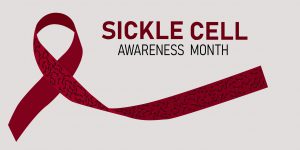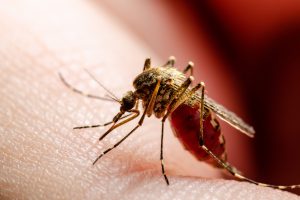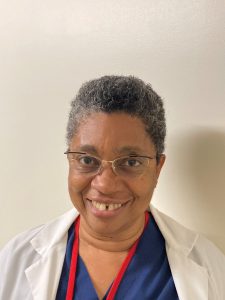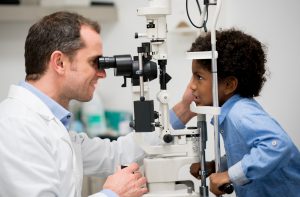 Hypersomnia is a chronic sleep disorder characterized by excessive sleepiness. Hypersomnia can be categorized as primary or secondary.
Hypersomnia is a chronic sleep disorder characterized by excessive sleepiness. Hypersomnia can be categorized as primary or secondary.
Primary hypersomnia is not caused by any other medical conditions; it is a condition in its own right. Conditions classified as primary hypersomnia include narcolepsy, Kleine-Levin syndrome, and idiopathic hypersomnia.
Secondary hypersomnia results from other medical conditions such as epilepsy, multiple sclerosis, Parkinson’s disease, obstructive sleep apnea, depression, or bipolar disorder. It can also result from taking certain medications such as anti-hypertensive drugs, barbiturates, and anti-psychotics.
People living with hypersomnia feel extremely tired or sleepy during the day, even after getting adequate sleep at night. They have difficulty staying awake and fall asleep several times during the day. Other signs and symptoms of hypersomnia include:
- Sleeping longer than normal (10 or more hours each day)
- Difficulty waking up in the mornings
- Difficulty concentrating
- Memory problems
- Hallucinations
- Slow thinking and speech
- Anxiety
- Low energy
- Irritability
- Headache
Ignoring the signs and symptoms of hypersomnia can put you at risk for accidents and greatly affect your social, work, and personal life.
If you are consistently feeling sleepy despite getting adequate rest, you should speak with your doctor who can order several tests to determine a diagnosis.
Diagnosing hypersomnia may include getting an overnight sleep test, a multiple sleep latency test, or assessing your sleepiness using an Epworth Sleepiness Scale.
Treatments for hypersomnia may include medications and making lifestyle changes such as sticking to a sleep schedule and avoiding alcohol and other substances that can affect your sleep.
To schedule an appointment with a sleep specialist at Jamaica Hospital Medical Center, please call 718-206-5916.
All content of this newsletter is intended for general information purposes only and is not intended or implied to be a substitute for professional medical advice, diagnosis or treatment. Please consult a medical professional before adopting any of the suggestions on this page. You must never disregard professional medical advice or delay seeking medical treatment based upon any content of this newsletter. PROMPTLY CONSULT YOUR PHYSICIAN OR CALL 911 IF YOU BELIEVE YOU HAVE A MEDICAL EMERGENCY.
 As the summer fades into fall, here is a comforting and delicious recipe for chicken chili to add to your dinner rotation.
As the summer fades into fall, here is a comforting and delicious recipe for chicken chili to add to your dinner rotation.









